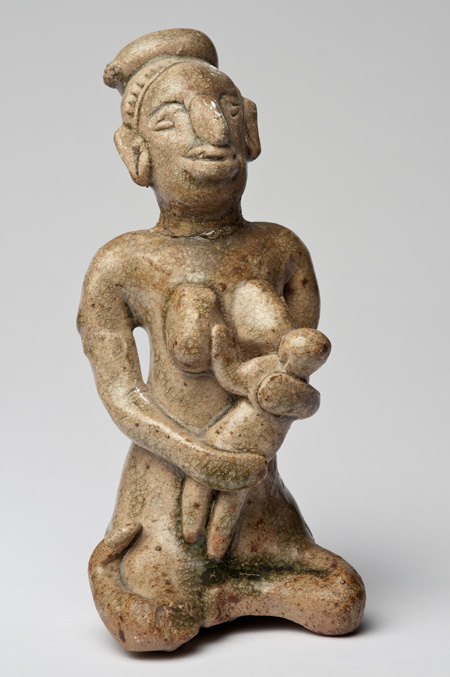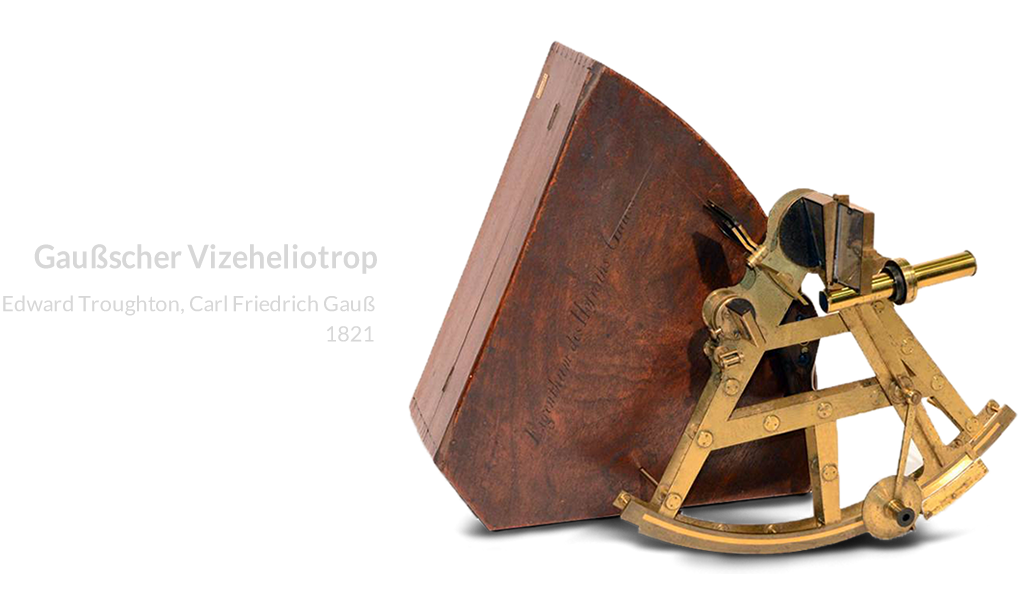
Adresse:
auf Anfrage
Öffnungszeiten/Zugang:
Zur Zeit keine Ausstellung
Ansprechpartner/Kontakt:
Christine Nawa
Tel.: +49 (0551) 39-26696
E-Mail: nawa@kustodie.uni-goettingen.de
Die ursprüngliche Privatsammlung des Göttinger Ordinarius für Frauenheilkunde und Geburtshilfe Prof. Dr. Heinz Kirchhoff (1905-1997), der neben seiner engagierten frauenärztlichen Tätigkeit ein leidenschaftlicher Sammler war, umfasst ca. 650 Frauenstatuetten und Skulpturen von der Altsteinzeit bis zur Moderne. Während am Beginn der Sammlung Ästhetik und Schönheit der Figuren im Vordergrund standen, sammelte Kirchhoff ab den 1960er Jahren verstärkt Frauendarstellungen, die die weibliche Symbolik und ihre unterschiedliche Bedeutung veranschaulichen.
Die Sammlung beinhaltet Originale, museale Repliken und Kopien; sie ist einzigartig in ihrer Zusammenstellung und Demonstration vielfältigster Facetten des Weiblichen.
Sammlungsgeschichte:
Ca. 1958 Beginn der Sammlung
1985 Schenkung an die Universität Göttingen durch Prof. Kirchhoff anlässlich seines 80.Geburtstages
1985-1997 Ausstellung im Ethnologischen Institut der Universität Göttingen
1997 Gründung des Fördervereins Sammlung Heinz Kirchhoff e.V.
1997-2016 Ausstellung im Universitätsklinikum
Gesamtzahl der Objekte:
(Ca.) 650 Skulpturen sowie Buchsammlung und Diasammlung.
Erschließungsstand:
Erschlossen über Inventarkartei und digital
Stand der Digitalisierung:
100% digital erschlossen, davon ca. 94 % online veröffentlicht, davon ca. 99% bebildert (Stand 03/2021)




